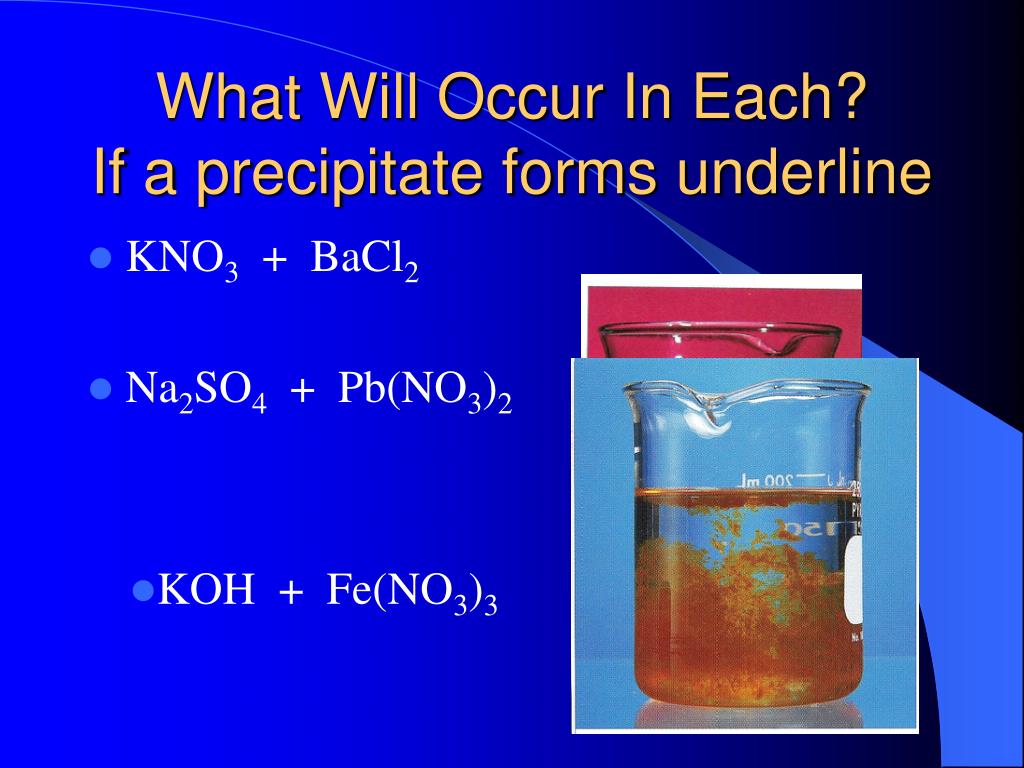

(6) Consequently, the total synthesis of MCs would provide access to a yet missing variety of reference compounds as well as microcystin derivatives for structure–activity relationship studies enabling future studies into the biological roles of MCs. (2b) Although research on MCs has been conducted since 1878, (5) their physiological function in cyanobacteria is still under scientific debate. (2b, 4) However, the lack of certified reference compounds limits the applicability of this method. (2, 3) The sole analytical method for congener-specific MC detection enabling the identification and quantification of MCs is liquid chromatography–mass spectrometry/mass spectrometry (LC-MS/MS). (1) Widespread harmful algal blooms in densely populated areas, which are favored by global warming along with eutrophication of surface waters, (2) resulted in a shutdown of the public water supply for millions of people, for example in Toledo, Ohio, USA, (August 2014) and around lake Taihu in China (July 2007). Microcystins (MCs) are highly toxic natural products which are produced by cyanobacteria and, according to the WHO, are among the most dangerous water pollutants. All derivatives 1a– c were determined to be potent inhibitors of protein phosphatase-1 with similar activity. The analytical data of synthetic MC-LF were identical to those of an authentic sample of the natural product. Application of tert-butyl ester protecting groups for erythro-β- d-methylaspartic acid and γ- d-glutamic acid were key for an isomerization-free synthesis. Deuterated derivative 1b is of interest as an internal standard during MC quantification in biological samples by mass spectrometry and alkyne-labeled 1c can be employed for toxin derivatization by click chemistry with an azide-containing reporter molecule or as an activity-based probe to identify interaction partners. Described is the total synthesis of the cyanotoxin microcystin-LF (MC-LF, 1a) and two derivatives thereof. They can be released to the water during harmful algal blooms and are a serious threat to animals and humans.

Microcystins (MCs) are highly toxic natural products which are produced by cyanobacteria.


 0 kommentar(er)
0 kommentar(er)
